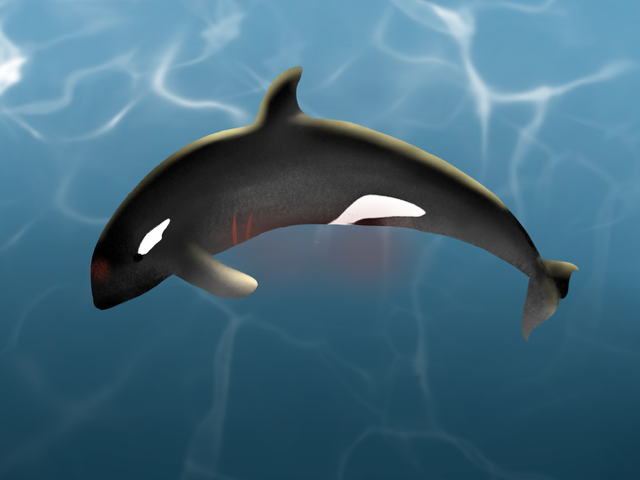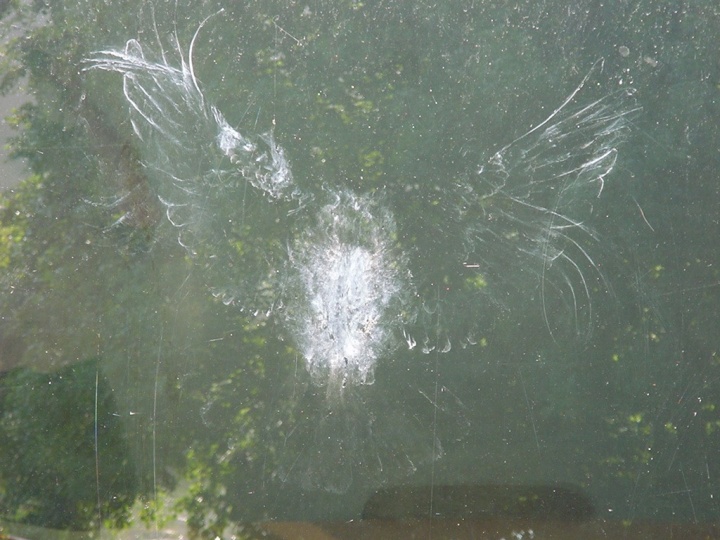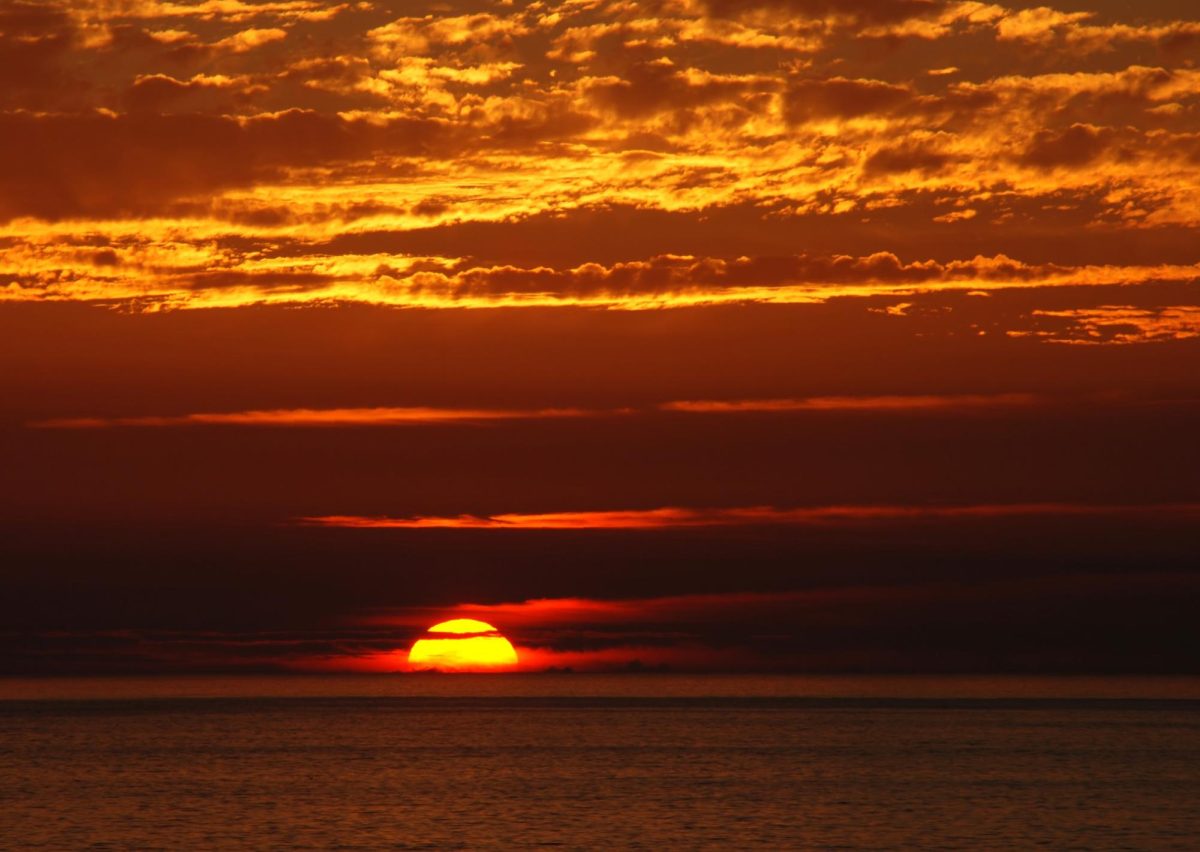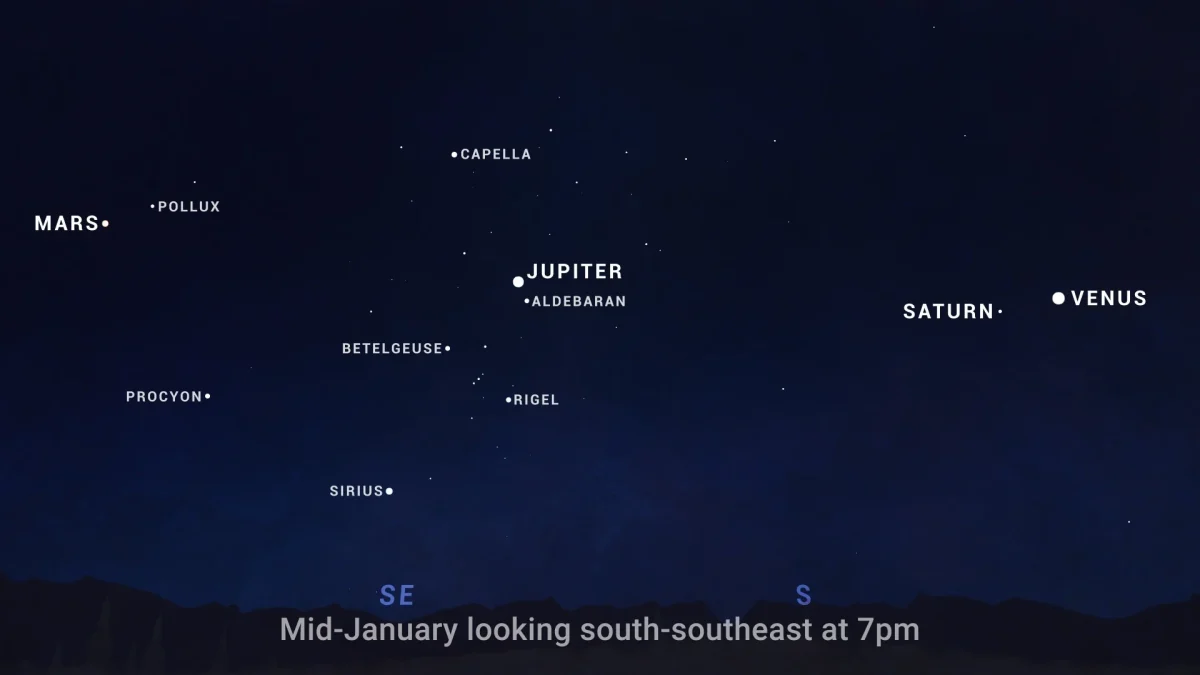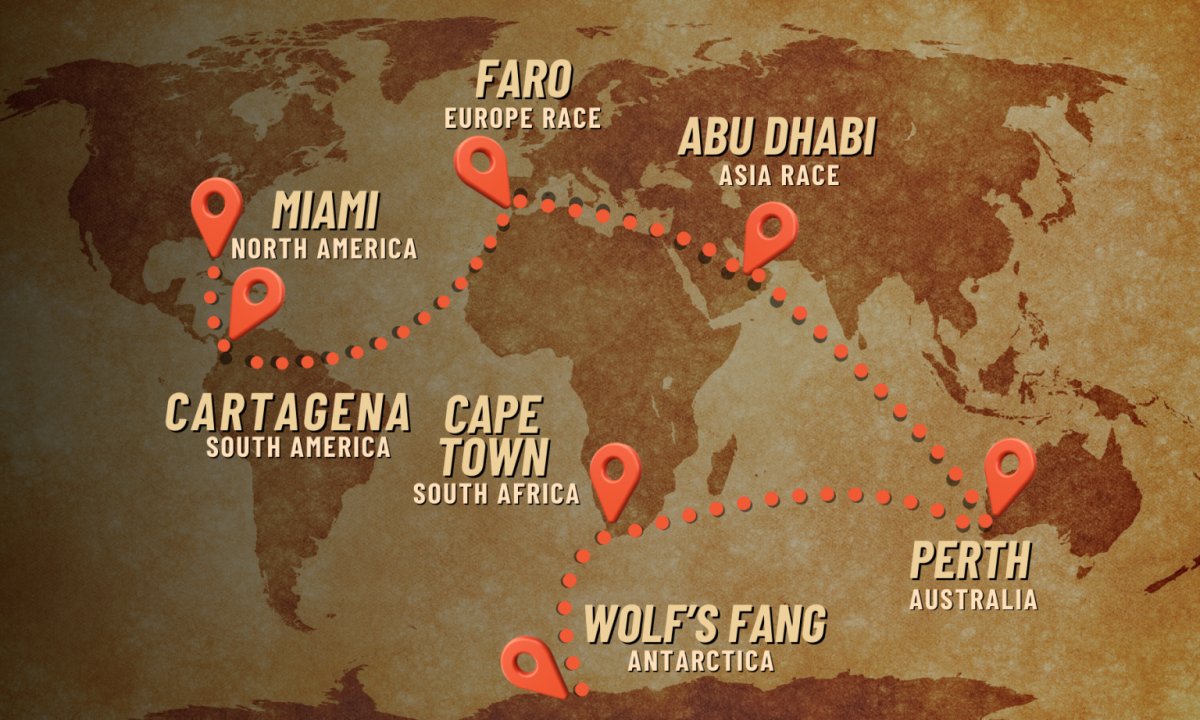The next time you are upset about short winter days, think of Utqiaġvik (formerly Barrow), Alaska. The residents of this northern town will experience their final sunset on November 19th. They will not see the sun again until January 23, 2025. That is 65 days straight or 1,560 hours of darkness.
“This happens every year,” says meteorologist Judson Jones. “If you live above the Arctic Circle, there will be a day when the Sun sets for the rest of the winter. The good news? It will return and then during the summer, it won’t set for days.” In theory, this always happens so this is perfectly normal for the residents.
Utqiaġvik’s long polar night is due to its location, just 1,300 miles (2,092 km) south of the North Pole. Our planet orbits the Sun at a 23.5-degree tilt. During winter, areas near the poles tilt away from the Sun, leaving them with little or no sunlight. For the North Pole, this period lasts from September to March.
While Utqiaġvik residents will not see the Sun, they will still have some light during the day. The Sun’s rays bend around Earth and appear just above the horizon. This phenomenon, known as “civil twilight,” is similar to the light we see at sunrise before the Sun fully emerges. It creates beautiful blue, orange, and pink hues as the Sun’s rays scatter through Earth’s atmosphere. Initially, this twilight will last for about six hours each day. But by mid-December, it will shorten to just three hours as the North Pole tilts further away from the Sun.
Utqiaġvik is the first Alaskan town to experience a polar night each year, but it is not the only one. In the coming weeks, residents of Kaktovik, Point Hope, and Anaktuvuk Pass will also say goodbye to the Sun for a few months. Northern regions of Finland, Norway, Sweden, and parts of Scotland also experience this phenomenon, though for shorter periods.
Residents in these areas are well-rewarded for enduring the dark and cold winters. During summer, they enjoy the “midnight sun,” when the Sun remains visible both day and night. For Utqiaġvik, this will mean no sunset for 82 consecutive days — from May 12, 2025, to July 31, 2025!
Cites: DOGO News, CNN











